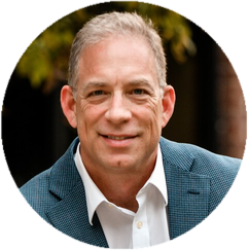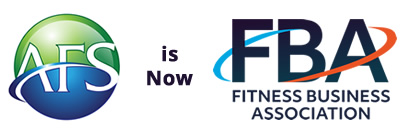 By Cody Sipe, Special FBA Contributor
By Cody Sipe, Special FBA Contributor
A wave is coming toward us, and how the fitness industry prepares for it can change our roles and businesses for decades ahead.
It’s the frightening wave of Alzheimer’s and other forms of dementia that’s headed our way.
It’s about brain health, and the powerful hope and effectiveness our industry can and must provide.
You know that we’re living longer than ever before. Advances in medicine, public health, and lifestyle have added decades to the average lifespan. But those extra years don’t always come with extra healthspan.
Alzheimer’s disease and other forms of dementia are climbing fast. The World Health Organization calls dementia one of the greatest global health challenges of our time.
And yet, most people still think there’s nothing they can do about it.
They assume brain decline is inevitable except by luck of the draw. And to be fair, that’s what the science suggested for decades. We’re all sitting ducks, and that’s that, right?
Well, no, thankfully. Now, we know better.
In the last 10 years, research has shown that just isn’t true. We now understand that the brain is more adaptable than we once believed, and that regular physical and cognitive exercise — especially in combination — can significantly improve brain function and help delay or reduce the risk of cognitive decline.
That’s where fitness professionals have a powerful role to play.
You already help clients build strength, balance, and mobility. Now, it’s time to expand that work with dual-task training, which combines movement with cognitive engagement.
It doesn’t take fancy equipment or a total rebrand. Dual-task training can be as simple as walking while counting backwards, performing balance drills while solving memory challenges, or adding decision-making elements to strength circuits.
These kinds of activities light up the brain in ways traditional workouts don’t. They help improve:
- Executive function
- Attention and reaction time
- Balance and coordination
- Memory and recall
- Confidence in daily tasks
In other words, they help people stay sharp, safe, and independent, exactly what many older adults are most concerned about.
And the need for this kind of training is enormous.
- Every 65 seconds, someone in the U.S. develops Alzheimer’s
- Nearly 1 in 3 seniors dies with some form of dementia
- Millions more live in fear of losing their independence
The people who need this work are already in your gym — or they would be, if they knew you could help. If their adult children knew you could help.
Fear of losing our faculties is a top fear about aging among everyone, especially anyone who’s nursed a loved on through it or seen another suffer.
Across the country, new spaces are beginning to emerge — sometimes called brain gyms — that focus specifically on brain-body fitness. They integrate cognitive and physical training, often using gamified tools, sensory systems, and functional movement with purpose-built cognitive challenges.
But even without a dedicated brain gym setup, any fitness business can begin to adapt.
This isn’t a passing trend. It’s a shift in how we define fitness and aging, and how we help more people live better, healthier lives. It’s a wide-open opportunity for fitness professionals who want to stay ahead of the curve and make a lasting impact on the lives of their clients.
Brain health is no longer someone else’s domain. It’s ours, too.
Let’s get ready for that wave.
Cody Sipe, MS, PhD, DipACLM, is an author, award-winning fitness professional, international educator, researcher, and active aging expert who has worked with older adults for over 30 years. He is a Full Professor in a University Doctoral Physical Therapy Program; CEO of Marbles Fitness (the first brain gym franchise for older adults); and co-founder of the Functional Aging Institute.


Join the Conversation!